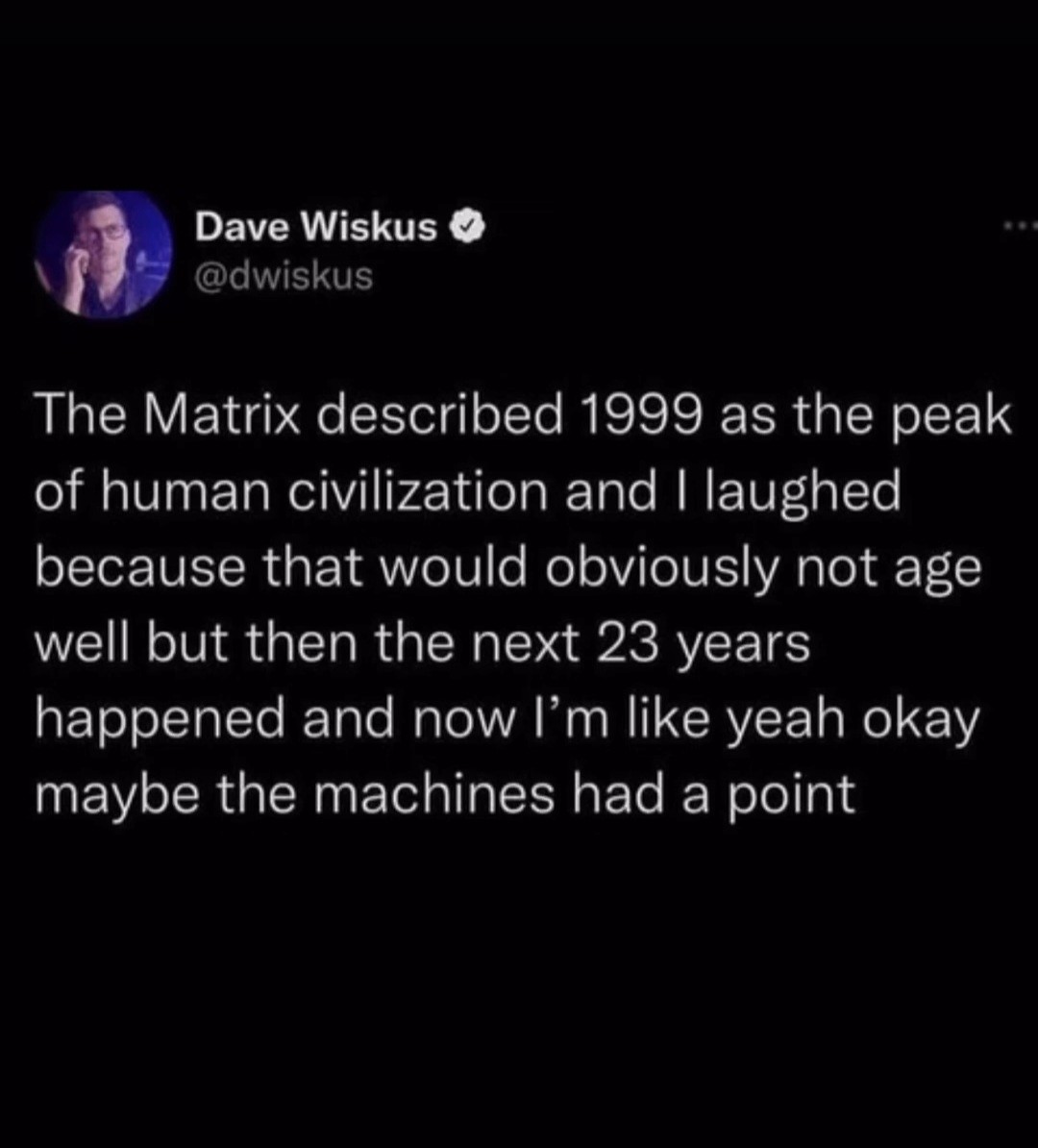literature.cafe
832 readers20 users here now
(and anyone else, really)
This is a general special interest lemmy instance focusing on lovers of all things pertaining to reading and writing and all of the people that enjoy it as well as fandoms and niches that exist within reading circles. We federate with other instances, with our local communities being focused primarily on the above.
If you want to federate a new community, go to lemmyverse.net and copy a link to a community and paste it into the search bar. Be patient!
Also, consider installing instance assistant to better navigate lemmy and find communities better! Find links to download them here: firefox, chrome, edge
Instance Rules
- Keep it cozy. (No -isms, bigotry, gatekeeping, or general disrespect. Just be nice!)
- Please, no visual porn. (Smut and discussion of smut is OK as long as it is tagged as NSFW.)
- No spam.
- Be mindful of other instance rules.
- Keep self-promo to a minimum.
- Tag AI generated content as such.
- Please avoid piracy.
Server Info
Registration is open with human approval, just to make sure there's no bots afoot. Approval should take less than a day (and are sometimes near instant)
Please check your spam folder for an email from noreply@literature.cafe if you are having difficulty finding email confirmation.
Community creation is enabled. When creating new communities please be mindful of the instance focus.
If you have any issues or concerns, please message an admin
For those visiting from other instances, we have a community directory to make finding communities easier: !411@literature.cafe
We also have alternative lemmy UIs to use for those who want them.
A familiar UI - old.literature.cafe
Photon - ph.literature.cafe
Tesseract (photon fork with more multimedia focused features) - t.literature.cafe
Donations are greatly appreciated and go entirely to server costs but are not required.















